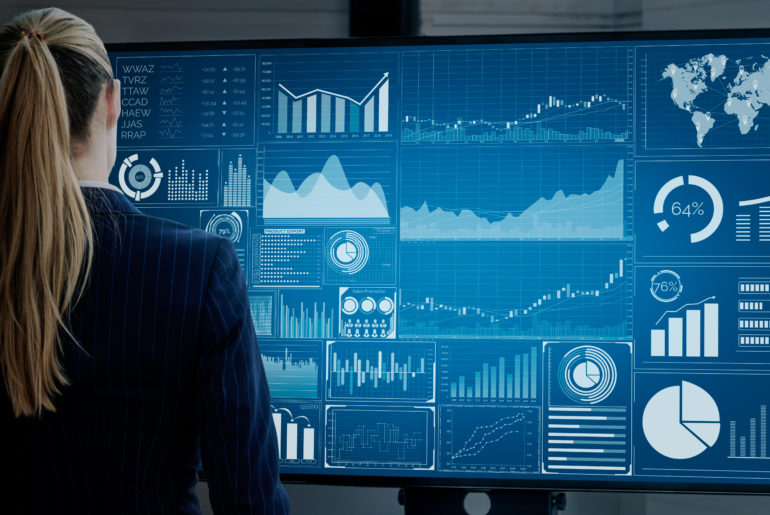Explore IDC’s video series featuring Crawford del Prete, Meredith Whalen, and senior analysts to see how technology supports business resiliency and recovery.
New IDC research says most workers new to work from home prefer it, but there is an adjustment. Explore the data with IDC’s David Myhrer.
Learn how to develop the most effective KPIs to drive behaviors and enhanced business results with IDC.
Digital transformation has been a critical differentiator for enterprise crisis recovery. Explore the market’s renewed focus on innovation with IDC’s Meredith Whalen.
Digital innovation has drastically changed technology marketing. Explore these changes and see what’s next for marketing with IDC’s Warren Lane.
COVID-19 has disrupted business operations across the board. Explore the 5 stages to enterprise recovery & how to sell in these conditions with IDC’s Randy Perry.
Discover how the pandemic shaped which cybersecurity trends are crucial to your enterprise with IDC’s Pete Lindstrom.
Societal elements, including social unrest and COVID-19, have increased the importance of Environmental, Social, and Governance (ESG) programs. Explore this evolution with IDC’s Bjoern Stengel and Laura Becker.
COVID-19 has forced meetings, conferences, and other industry events to go virtual. Explore what makes a virtual event work with IDC’s Wayne Kurtzman.








